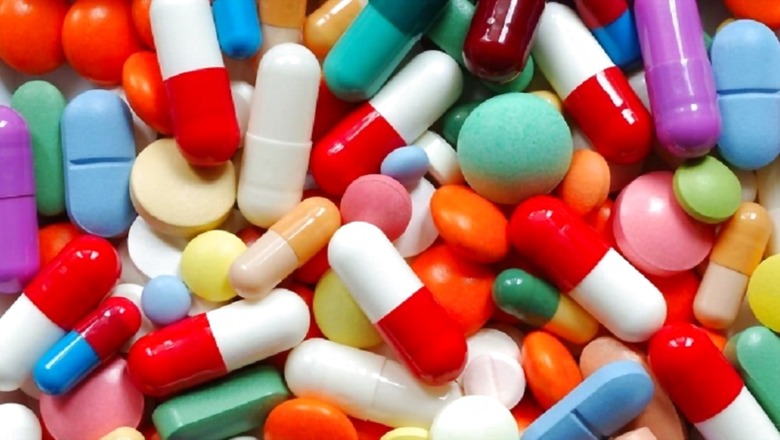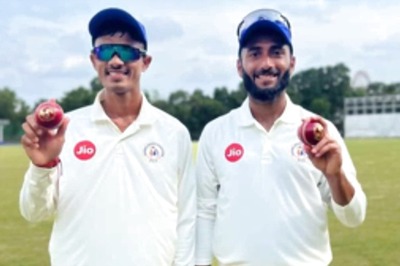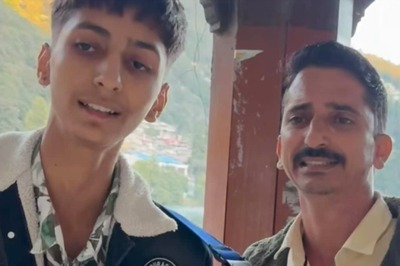
views
In the upcoming weeks, you will have the option to verify whether your medicines are genuine or fake by scanning a QR code placed on their packaging.
In the first phase, starting Tuesday, the top selling 300 medicine brands, including Shelcal, Calpol, Dolo, Allegra and Meftal Spas, will carry QR or bar codes to verify their authenticity. Within a week to the next 15 days, the new stock with bar codes will hit the market – depending upon the sales and new inventory cycle in chemist shops.
In September, News18 first reported the government’s plan to introduce QR codes on top-selling medicines.
You don’t need to download any application on your phone to access this information. Similar to scanning a restaurant menu, you can simply scan the QR code on the drug packaging. If the provided link fails to retrieve details of the drugs or brings out mismatched details from the packaging, it indicates that the drug might be a fake or counterfeit product.
“The scan from your phone camera will provide the below basic information,” said an official representing a top pharma company in India.
“If details are not found or a mismatch is noticed, the consumer can inform the manufacturer of the product by writing on the email ID or call the customer care number given on the drug packet at his home.”
WHY DID GOVT INTRODUCE QR CODES?
The move, which aims at weeding sub-standard and counterfeit medicines out of the system, has been designed by the Department of Pharmaceuticals and will be enforced by India’s apex drug regulatory body, the Central Drugs Standard Control Organisation (CDSCO).
The move holds relevance as it will eliminate the challenge of counterfeit products or fake medicines being sold in India. According to an earlier estimate by the World Health Organization (WHO), around 35 per cent fake drugs sold globally come from India.
The government agencies have called for strict implementation of bar codes or QR codes on most selling drugs, which includes antibiotics, cardiac drugs, painkillers, anti-diabetics and anti-allergic medicines.
Once you scan the QR code, it will end up tracking and tracing the entire journey of the pill starting from its name to the place of origin. The scan will show the unique product identification code, branded as well as generic name of the drug, name and address of the manufacturer, batch number, date of manufacturing, date of expiry and manufacturing license number.
While it is now mandatory to print or affix QR codes on the 300 brands of the drug formulations, if any manufacturer voluntarily wants to affix a code for any other brand, he is free to do so.
This notification is applicable to all indigenous as well as foreign manufacturers who are manufacturing these brands of drug formulations for marketing in the country.
“Once the first phase goes off smoothly, we will go for all high-volume molecules,” a government official had told News18 earlier, adding that “the government is exploring setting up a central database agency where India can have a single barcode provider for the entire industry”.

















Comments
0 comment